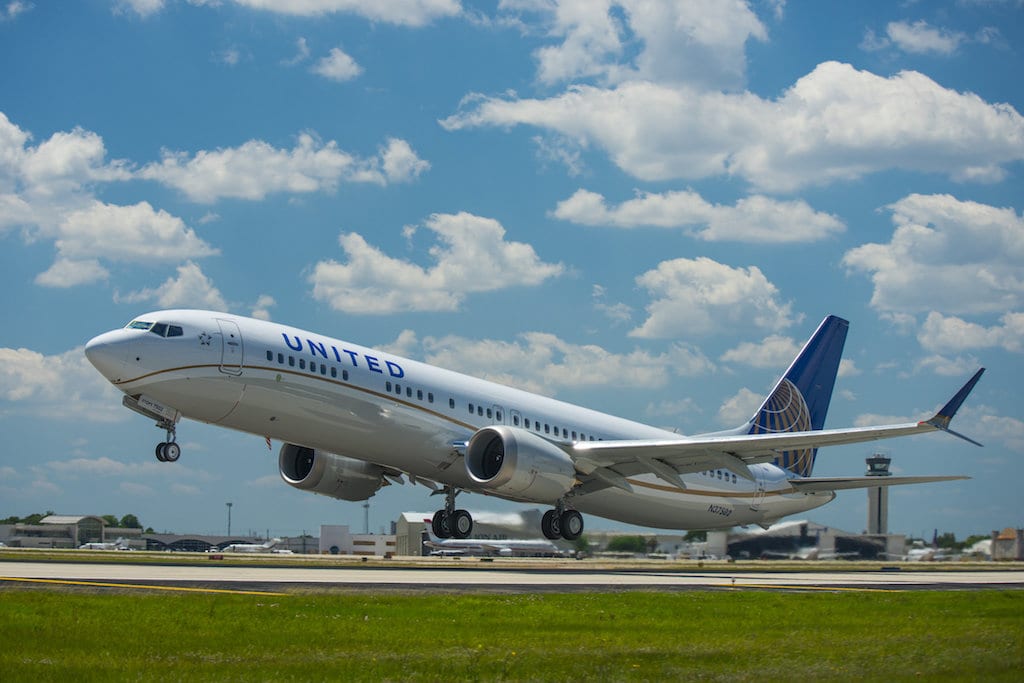Sabre Will See Revenue Fallout From Jet Airways Collapse and 737 Max Grounding

Skift Take
Sabre is engaged in a tough but necessary technology transition. Beyond the system outages it has experienced recently, some of the events impacting its financial results, namely the Jet Airways financial collapse and the Boeing 737 Max groundings, are beyond the company's control.
The collapse of India's Jet Airways and the global grounding of the Boeing 737 Max aircraft forced Sabre to lower its full-year guidance for revenue and free cash flow growth.
Sabre hosts the reservations system of Jet Airways, which suspended operations in mid-April. And Sabre said it faces a near-term impact from the Boeing 737 Max groundings as both airlines involved in the crashes, Lion Air and Ethiopian Airlines, are Sabre Airlines Solutions customers. Officials downplayed the impact from capacity reductions because of the Boeing Max jet groundings.
Sabre announced Tuesday in conjunction with the release of its first-quarter earnings that it expects revenue growth in 2019 in the 3 percent to 5 percent range, or $3.96 billion to $4.04 billion, down from the previously

